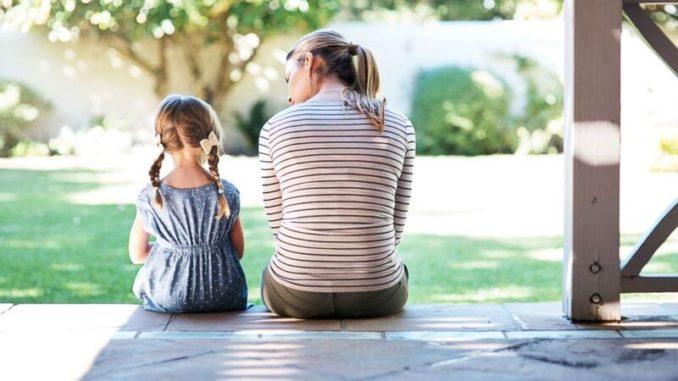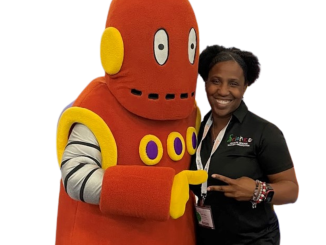
News cycles are stuck on it, conversations revolve around it and a lot of stress and anxiety is tied to it – the coronavirus.
While the lives of billions of adults around the world have been turned upside down by economic crises and employment woes, it can be easy to forget that the lives of children are in just as much of a tailspin.
Cancelled school and extracurricular activities, as well as the lack of social gatherings, may be clues for children that something very different and somewhat ominous is happening in their lives.
The difference with children processing life-changing events like this pandemic is that they may not know how to ask questions about it, which then leaves them with no answers. Just like any other topic, parents and caregivers play a crucial role in helping children make sense of what they hear, read and see about coronavirus in a way that is honest, accurate and minimizes anxiety or fear.
Jenni Evans, co-manager and parent educator at The Parenting Center at Children’s Hospital in New Orleans, said parents and caretakers need to make sure to ask children what they’ve heard about the coronavirus because information is so pervasive.
“They may be hearing things that are true, not true or things that we may not know the answer to,” Evans said.
She said as the parent or caregiver, your message to your children should be honest, factual and age appropriate. Less is more as far as detailed information goes, she said, adding it is always important to ask children if have any questions.
“When children know the problem, they want to know the plan,” she said.
Even if the adult doesn’t have a solution, Evans said children will experience a sense of safety knowing that the adult in their life has a plan to keep them safe and informed.
In coronavirus-centered conversations, or any conversation with a child who is dealing with a sudden change, Evans said there are four things that a child needs to hear:
- “This is temporary” – let your child know there are certain actions taking place now that will not last forever.
- “We are prepared” – let your child know you are paying attention to what is happening.
- “It’s ok to be worried” – let your child know worry is a normal emotion.
- “You can let us know if you have any questions” – let your child know you are a safe person to ask questions to.
Just like parents and caregivers should identify hobbies and interests that make them feel better and more emotionally stable, Evans said it’s equally important to carve out time each day to allow children to do something that will bring a sense of calm to them.
“Ask your kids to think about the activities that make them feel better,” she said. “Make sure that each person in your family gets what they need.”
The Centers for Disease Control and Prevention’s website echoes much of Evan’s advice in guidelines it has posted to help adults have conversations with children about coronavirus. The CDC adds to remember that children will react to both what you say and how you say it.
“They will pick up cues from the conversations you have with them and with others,” the CDC website, www.cdc.gov, states. “Avoid language that might blame others and lead to stigma … and remember that viruses can make anyone sick, regardless of a person’s race or ethnicity.”
Dr. Holly Martin, a pediatric hospitalist with Ochsner Hospital for Children, said if she were talking to her own child about the pandemic she would start by asking what the child already has heard.
“I would discuss that many people all over the world have been getting sick with coronavirus, but we are fortunate to know ways that we can keep ourselves and those around us safe and protected,” she said. “I would explain that after our talk, we will learn about proper hand washing, proper coughing, avoiding touching our faces, and limiting being around large groups for a while.”
Martin said caregivers should “express that it may feel different not being around friends and school, but by staying safe at home, we are doing our part to help doctors, nurses, respiratory therapists, and more do their job because we are all one team.”





Be the first to comment